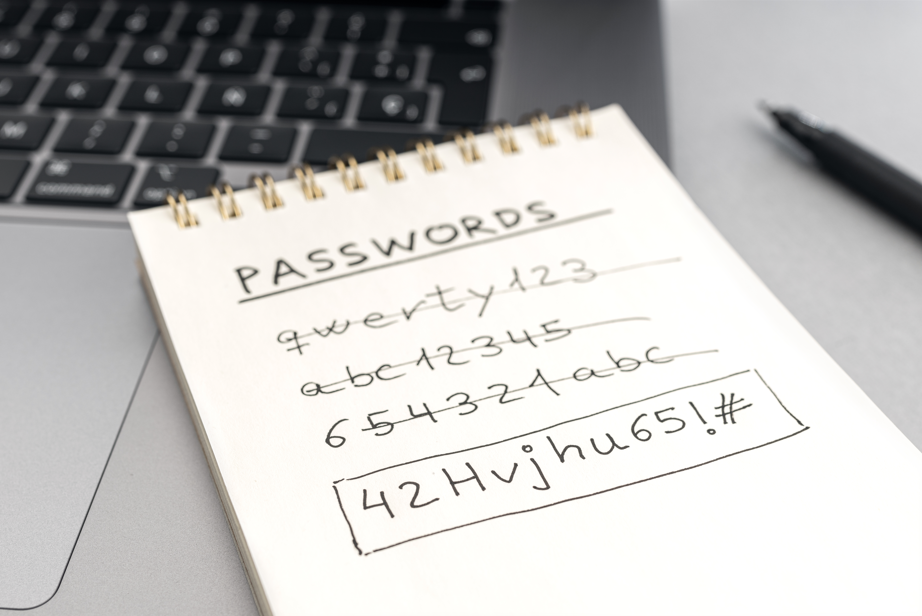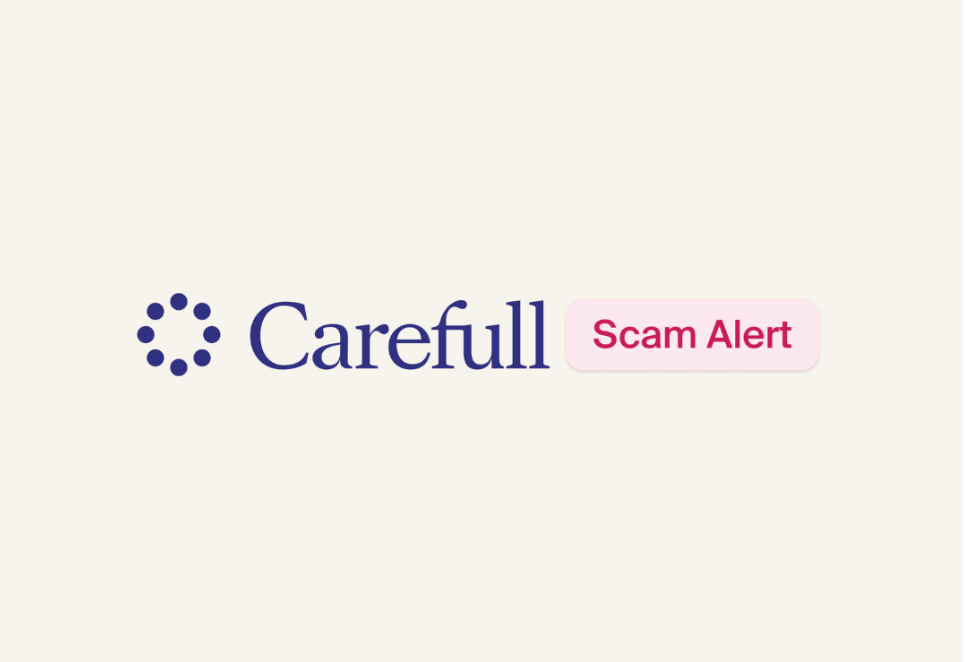Watch Out for Fake QR Code Parking Scams

Scanning QR codes make it easy to pay for parking in lots or on the street—especially if you don’t have coins on hand to feed a meter. However, they’re also easy for scammers to replicate and steal your credit card information.
The Better Business Bureau has received reports of fake QR codes popping up in parking lots and on parking meters. When people scan these codes to pay to park, they discover after it’s too late that they’ve handed over their credit or debit card information to a scammer.
To avoid paying a scammer the next time you pay to park, here’s how to spot and avoid fake QR codes.
How fake QR code parking scams work
Scammers are creating imposter QR code stickers and placing them on or around parking meters and parking voucher machines. To unsuspecting motorists, it’s difficult to tell the difference between the fake codes and legitimate ones. So they scan the code with their phones and are taken to a website to enter payment details.
According to BBB, victims of this scam see that a small amount is charged to their card but typically don’t get any sort of proof of payment for parking. Often, it’s not until later that they realize that they’ve been scammed when other charges start showing up.
One victim reported to BBB that there was a $1.98 charge that appeared shortly after using a QR code to pay for parking. Then a $49.99 charge showed up on the victim’s credit card each month for the next three months. Because the “parking” company wouldn’t respond to calls or emails, the victim canceled the credit card to stop the unauthorized payments.
[ See: Beware of Customer Service Scams ]
How to avoid fake QR code parking scams
The BBB recommends taking these steps to avoid inadvertently handing over your credit card information to a scammer when paying for parking.
Pay at the actual parking meter or machine rather than scanning a QR code. Most meters offer an option to swipe a credit card, or you might need to walk down the block to pay at a centralized meter or machine.
Look for evidence of tampering before scanning a QR code on a parking meter or machine. If the code appears to be on a sticker that has been placed over another code or placed somewhere other than the actual meter or machine, be wary. It could be a fake.
Pay attention to the web address that a QR code takes you to if you scan a code to pay for parking. The site might look legitimate, but check the url to make sure it matches the name of the city or parking facility and has https and a padlock symbol to designate that it is secure. If the url is shortened or you can’t tell whether you’ve been directed to a legitimate parking provider, don’t enter your card information. It could be a fake site.
If you discover that you’re a victim of a QR code scam, contact your credit card issuer to alert it to the fraudulent charge. You might need to cancel the card to prevent additional fraudulent charges.
[ Keep Reading: How to Report a Fraudulent Charge ]

3 Steps to Safer Money,
Try it Free for 30 Days
Step 1
Start your free,
no-risk trial
Step 2
Connect the accounts and cards you want protected
Step 3
Stay alerted to any
unusual activity



.png)



